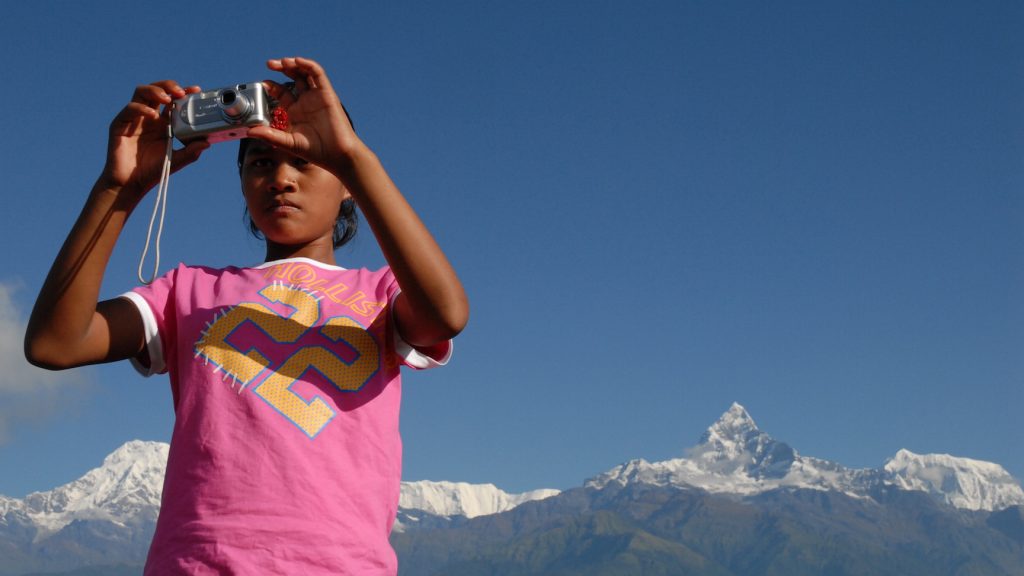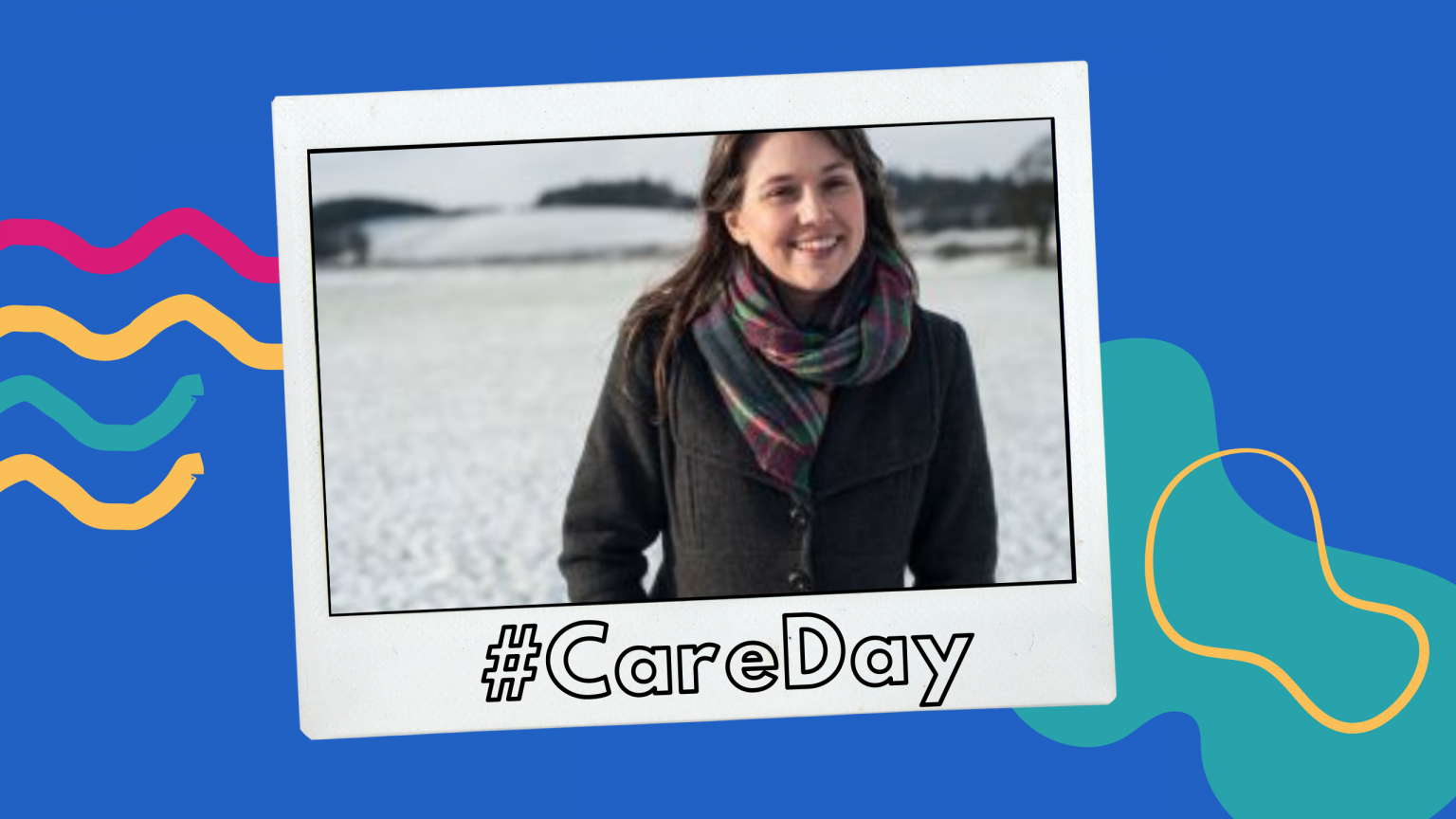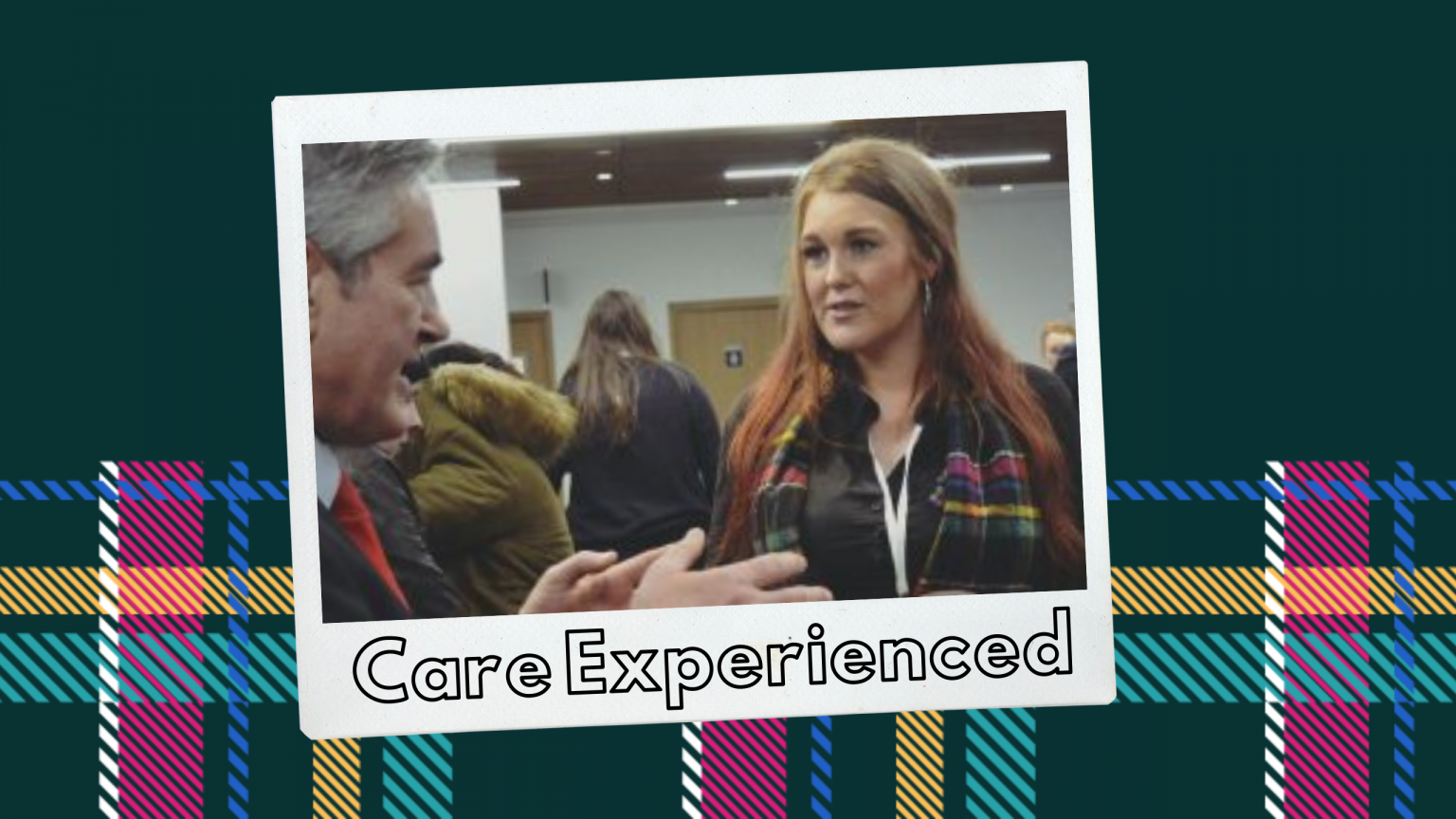As a Care Experienced person who works in a communications role, I’m really interested in how the stories of our community are told.
I am constantly on the lookout for books, films and tv programmes, fiction or non-fiction, that have a Care Experienced person in it. You may be surprised just how many are out there.
I recently went to see a documentary about a Care Experienced women in Nepal called ‘I am Belmaya’. I didn’t know anything about the care system in Nepal and was keen to find out about it from the voice of someone who had experienced it. As someone who doesn’t normally watch somewhat obscure documentaries, I was a bit sceptical about whether I would enjoy this film.
The documentary tells the story of Belmaya Nepali, who is the co-director of the film, and her journey through a patriarchal society, fighting oppression, to becoming an award-winning documentary filmmaker.
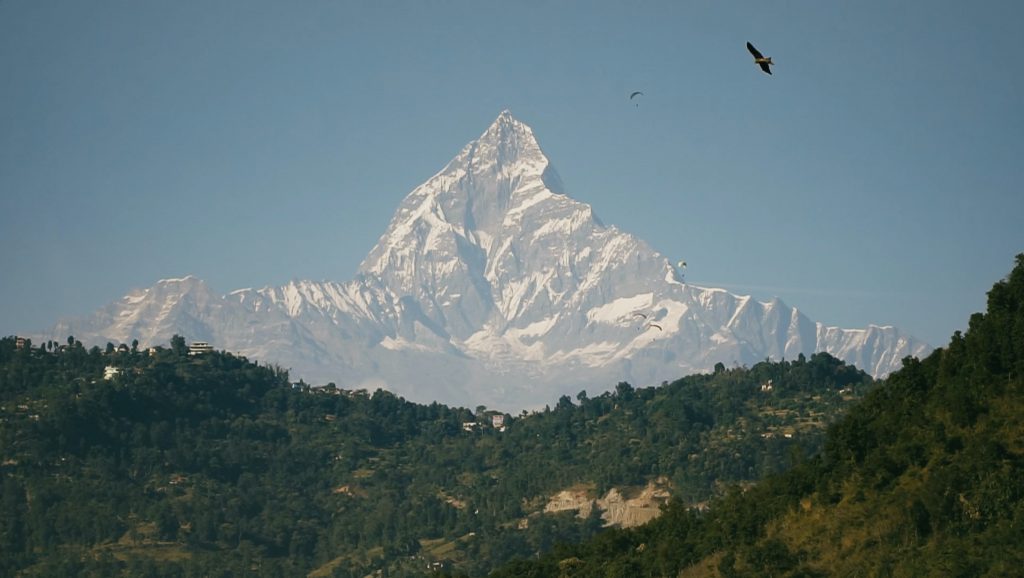
After the death of her parents, Belmaya runs away to a girl’s home in Pokhara, Nepal. Here, she meets Sue Carpenter, the other co-director of the film, who sparks her interest in photography by running a photo project in the home.
Later in the film, when Belmaya is moved to a residential school for older children, they remove her camera from her and lock it away. Leaving her dreams of photography behind, Belmaya goes on to get married and shortly after has a daughter.
It’s years before she thinks of picking up a camera again. But an opportunity arises, when a teacher offers to help ‘un-educated women’ (a term used by a lot of Nepalese people throughout the film) by training them in documentary film making.
We then follow Belmaya’s as she goes on to create her first short film, ‘Educate our Daughters’. Throughout this process, Belmaya struggles to follow her dreams whilst being trapped in an abusive marriage and a caste orientated patriarchal society.
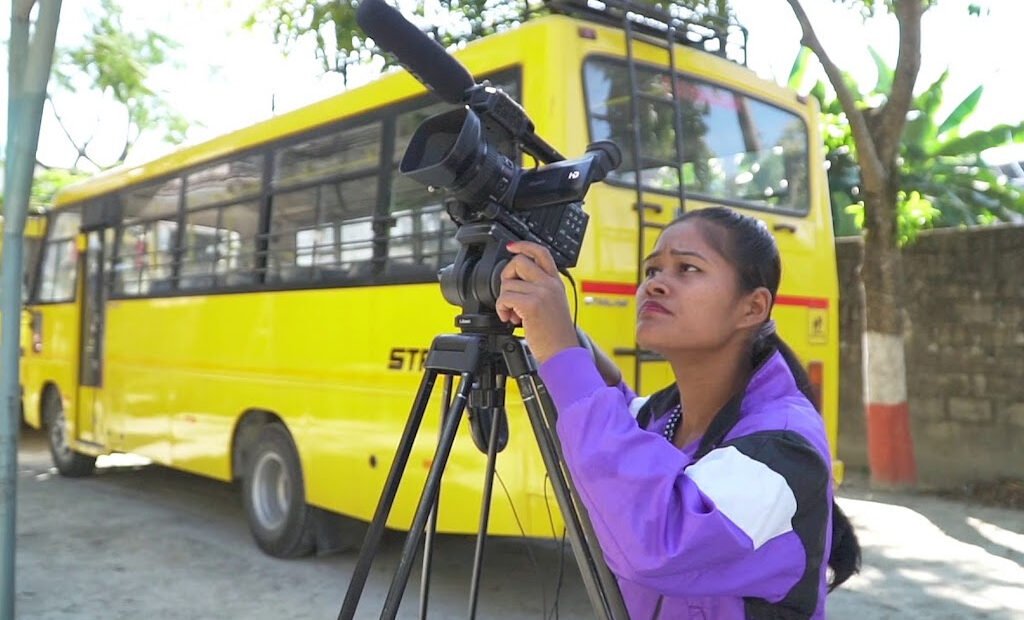
I don’t want to give anything else away, but I really recommend going to see the film if you get a chance. The story is told in a fantastic way that hooked me in within the first few minutes and kept my interest from start to finish.
The film is extremely powerful and moving. It covered topics like being a Care Experienced parent, equality, empowerment, voice and rebellion.
I learnt a lot about Nepal, and it was really interesting to see the similarities between the Scottish and Nepalese care systems, whilst also learning about the big differences in cultures.
Overall, I think that is an inspiring tale that every member of our community needs to hear – no matter what the people around you say, you should always follow your dreams and it’s never too late to start trying.




